Why Waiting for Things to ‘Get Better’ Rarely Works
It’s comforting to believe that hard seasons will magically improve with time. And sometimes, that’s true, babies do grow, sleep cycles mature, and certain challenges fade.
But here’s the truth no one likes to admit: waiting for things to “get better” rarely works the way we hope.
Instead of improvement, many families find themselves even more exhausted, disconnected, and unsure of what to do next.
The Parenting Myth: “This Phase Will Pass”
If you’re a parent, you’ve probably heard (or told yourself):
“It’s just a phase.”
“She’ll grow out of it soon.”
“We’ll all sleep better once teething is over.”
“Things will calm down once he starts daycare.”
It’s comforting to believe that hard seasons will magically improve with time. And sometimes, that’s true, babies do grow, sleep cycles mature, and certain challenges fade.
But here’s the truth no one likes to admit: waiting for things to “get better” rarely works the way we hope.
Instead of improvement, many families find themselves even more exhausted, disconnected, and unsure of what to do next.
Why Waiting Often Makes Things Harder
Let’s break down some common reasons why hoping time will fix everything can actually make things worse.
1. Sleep Habits Don’t Fix Themselves
Babies and toddlers are creatures of habit. If your little one always falls asleep while being rocked, nursed, or held, they’ll expect that same routine every time they wake up.
At first, it may feel manageable.
But over weeks and months, multiple night wakings or skipped naps begin to wear you down.
By the time you decide to address it, the habit is deeply ingrained and harder to shift gently.
2. Exhaustion Becomes the New Normal
A few nights of rough sleep can be shrugged off. But weeks or months of sleep deprivation? That’s a different story.
Lack of rest impacts your physical health, mental clarity, and emotional well-being.
It makes bonding with your baby harder because you’re just trying to survive.
Exhaustion compounds over time; waiting doesn’t restore your energy, it drains it further.
3. Stress Affects the Whole Family
It’s not just you who suffers when sleep (or postpartum recovery) feels impossible.
Your partner may feel the strain of long nights, too.
Tension builds when everyone is running on empty.
Older siblings may notice the stress and act out for attention.
Waiting doesn’t reduce this stress; it prolongs it.
4. The “Perfect Time” Never Arrives
Parents often tell themselves:
“We’ll start sleep coaching after teething.”
“We’ll get help when the holidays are over.”
“We’ll wait until she starts eating solids.”
But parenting rarely offers a perfect, calm window for change. There’s always another milestone, growth spurt, or life event just around the corner.
If you keep waiting for the right time, you might wait forever.
Signs It’s Time to Stop Waiting
Sometimes, the hardest part is realizing you don’t have to keep pushing through alone. Here are some red flags that it’s time to bring in outside support:
Your baby’s sleep hasn’t improved in weeks (or months).
You’re up multiple times a night and running on coffee just to function.
You dread bedtime because it feels like a battle.
You find yourself Googling “baby sleep tips” at 2 a.m. more nights than not.
You feel anxious, tearful, or like you’ve lost your sense of self.
Your relationship with your partner feels strained from the stress.
You’re unsure if your baby’s eating, sleeping, or development is “normal.”
If even one of these resonates, you don’t need to wait another week, month, or milestone. Support is available right now.
What Real Support Looks Like
At Sleep Child O’ Mine, we believe parenting wasn’t meant to be a solo job. Support can look different depending on your family’s needs:
Gentle Sleep Coaching
Customized plans that respect your parenting style.
Step-by-step strategies that avoid harsh “cry it out” approaches.
Ongoing check-ins so you never feel alone in the process.
Postpartum Doula Care
Emotional support when you’re feeling vulnerable or overwhelmed.
Hands-on help with newborn care, feeding, or household tasks.
Overnight care so you can rest and recover while your baby is cared for.
Childbirth & Newborn Education
Practical, evidence-based classes that replace fear with confidence.
Tools for navigating birth, feeding, and those first foggy newborn weeks.
Sibling Doula Support
Gentle guidance for older children adjusting to a new baby.
Age-appropriate activities and care so they feel safe and included.
No matter which form of support you choose, the goal is always the same: helping you feel rested, confident, and connected again.
Real-Life Example: From Waiting to Thriving
One mom I worked with told me she spent six months hoping her toddler’s sleep would improve. Every night, she said, “This is just a phase, it’ll pass.”
But the phase didn’t pass. Her toddler continued waking up three times a night, her partner was sleeping in a separate room just to function for work, and she felt like a shell of herself.
Finally, she reached out. Within weeks of personalized sleep coaching:
Her toddler was sleeping through the night.
She and her partner started sharing a bed again.
She had energy during the day, and said she finally felt like herself again.
Her biggest regret? Not asking for help sooner.
Why You Deserve Support Now
Waiting often feels easier in the moment because it delays making a change. But the truth is:
Support doesn’t make you weak.
You don’t need to “just tough it out.”
Getting help now saves you weeks or months of struggle later.
Parenthood is hard enough. You deserve sleep, rest, and confidence, not endless waiting.
You Don’t Have to Wait Anymore
If you’ve been hoping things will just “get better,” this is your sign: you don’t have to wait. Support can help you feel more rested, confident, and connected now.
👉 Want real support? Book a free consult and let’s talk about how I can help your family find peace and rest.



